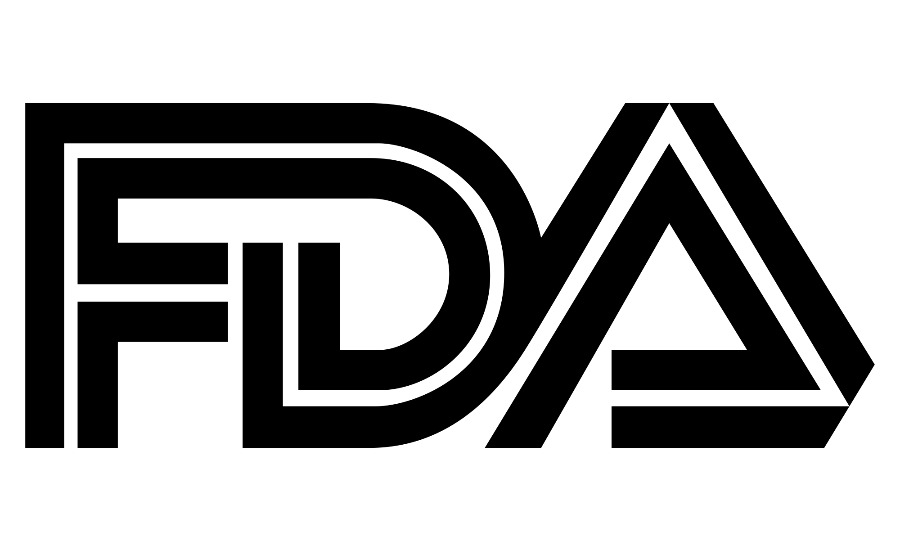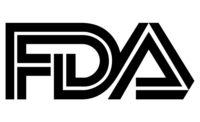FDA: CBD not generally recognized as safe for human, animal food
Council for Responsible Nutrition opposes FDA’s “alarming” statement.

Citing a lack of scientific information, the U.S. Food and Drug Administration said it can’t conclude that CBD is generally recognized as safe (GRAS) for use in human or animal food.
The conclusion comes as the FDA explores potential pathways for various types of CBD products to be lawfully marketed. This includes ongoing work to obtain and evaluate information to address outstanding questions related to the safety of CBD products, while maintaining the agency’s rigorous public health standards.
The FDA plans to provide an update on its progress regarding the agency’s approach to these products in the coming weeks.
Amy Abernethy, FDA principal deputy commissioner, said the agency will monitor the marketplace while it continues to clarify its regulatory approach.
“We remain concerned that some people wrongly think that the myriad of CBD products on the market, many of which are illegal, have been evaluated by the FDA and determined to be safe, or that trying CBD ‘can’t hurt,” Abernethy said. “Aside from one prescription drug approved to treat two pediatric epilepsy disorders, these products have not been approved by the FDA, and we want to be clear that a number of questions remain regarding CBD’s safety – including reports of products containing contaminants, such as pesticides and heavy metals – and there are real risks that need to be considered.
“We recognize the significant public interest in CBD and we must work together with stakeholders and industry to fill in the knowledge gaps about the science, safety and quality of many of these products.”
The FDA said unanswered questions and data gaps about CBD toxicity exist, and some available data raise concerns about potential harm from CBD. Among the concerns are potential liver injury, interactions with other drugs, drowsiness, diarrhea and changes in mood. In addition, studies in animals have shown that CBD can interfere with the development and function of testes and sperm, decrease testosterone levels and impair sexual behavior in males.
Questions also remain about cumulative use of CBD and its impacts on vulnerable populations such as children and pregnant or breastfeeding women.
The FDA also sent warning letters to 15 companies that are using product web pages, online stores and social media to market CBD products in ways that violate the FD&C Act, including marketing CBD products to treat diseases or for other therapeutic uses for humans and/or animals. Other violations include marketing CBD products as dietary supplements and adding CBD to human and animal foods.
The companies receiving warning letters are:
- Koi CBD LLC, of Norwalk, California
- Pink Collections Inc., of Beverly Hills, California
- Noli Oil, of Southlake, Texas
- Natural Native LLC, of Norman, Oklahoma
- Whole Leaf Organics LLC, of Sherman Oaks, California
- Infinite Product Company LLLP, doing business as Infinite CBD, of Lakewood, Colorado
- Apex Hemp Oil LLC, of Redmond, Oregon
- Bella Rose Labs, of Brooklyn, New York
- Sunflora Inc., of Tampa, Florida/Your CBD Store, of Bradenton, Florida
- Healthy Hemp Strategies LLC, doing business as Curapure, of Concord, California
- Private I Salon LLC, of Charlotte, North Carolina
- Organix Industries Inc., doing business as Plant Organix, of San Bernardino, California
- Red Pill Medical Inc., of Phoenix, Arizona
- Sabai Ventures Ltd., of Los Angeles, California
- Daddy Burt LLC, doing business as Daddy Burt Hemp Co., of Lexington, Kentucky
The FDA has previously sent warning letters to other companies selling CBD products in interstate commerce that claimed to prevent, diagnose, mitigate, treat or cure serious diseases, such as cancer, or otherwise violated the FD&C Act. Some of these products were in further violation because CBD was added to food, and some of the products were also marketed as dietary supplements despite products which contain CBD not meeting the definition of a dietary supplement.
The FDA is also concerned consumers will put off getting medical care, such as proper diagnosis, treatment and supportive care due to unsubstantiated claims associated with CBD products.
The FDA has requested responses to the warning letters within 15 working days stating how the companies will correct the violations. Failure to correct the violations promptly may result in legal action, including product seizure and/or injunction.
Following the FDA announcement, the Council for Responsible Nutrition (CRN) issued a statement noting the agency raised important questions surrounding CBD, but “unnecessarily alarmed” consumers without offering any plans to address the situation.
“FDA’s inaction for the past year has facilitated an unregulated marketplace — which is bad for consumers and bad for business,” said Steve Mister, president and CEO of CRN. “It’s time for FDA to announce a legal pathway to market for these CBD-containing supplements and to commence meaningful enforcement against products that flout category-wide requirements for dietary supplements.”
Mister noted the epilepsy drugs the FDA approved contain high doses of CBD, up to 1,500 mg. He also noted the FDA could do more to actively remove products that contain THC or don’t meet CBD levels listed on their packaging.
“It is not too late for FDA to do the right thing: it should explicitly open the dietary supplement lane to CBD and be the ‘cop on the beat’ enforcing the whole range of dietary supplement laws and regulations against those products,” Mister said. “The FDA’s continued failure to take this action, while raising consumer alarm over the entire market, requires that Congress get involved to direct the regulator to open the supplement lane to CBD and to police these products with the ample enforcement tools at its disposal.”
Looking for a reprint of this article?
From high-res PDFs to custom plaques, order your copy today!







